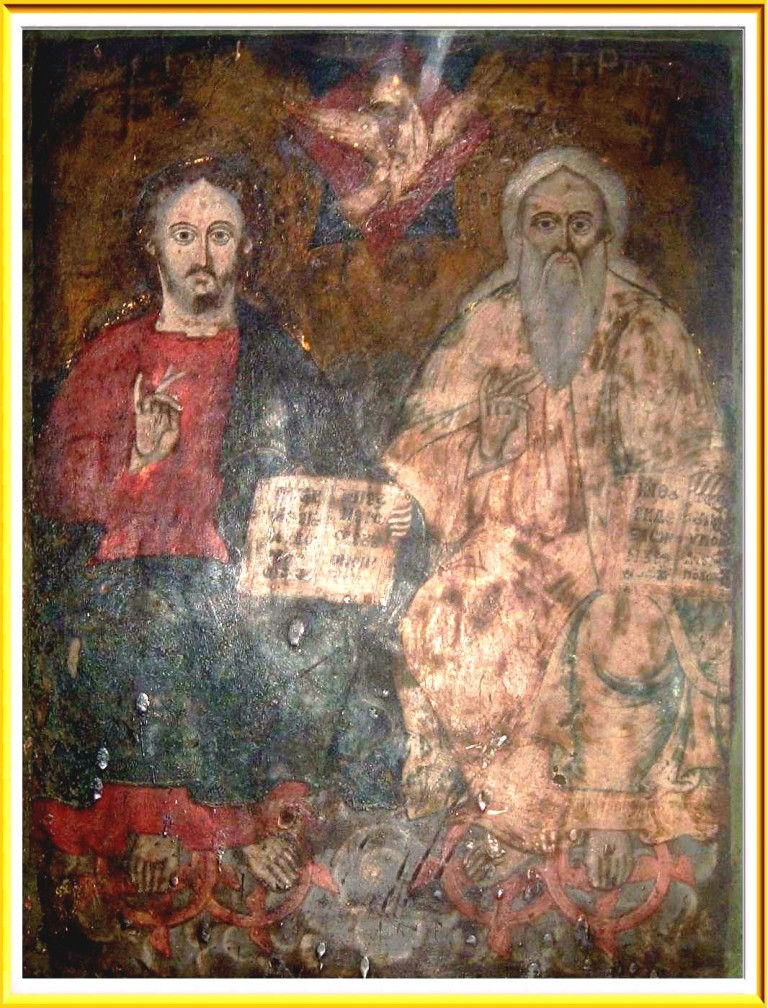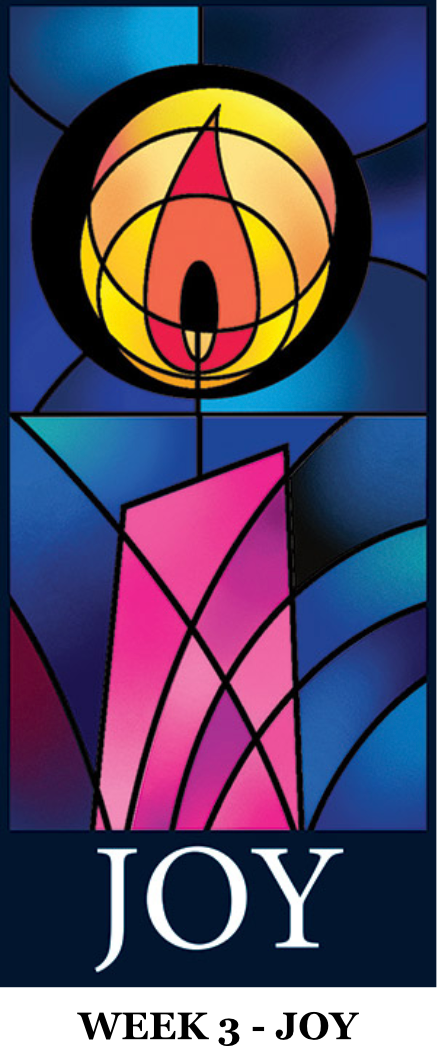Happy Trinity Sunday!
- Mary Palinkos
- May 30, 2021
- 2 min read
"The significance of the festival, as the end of the cycle of days by which our Blessed Lord and His work are commemorated, is very great. The beginning of His acts was associated with a revelation of the Three Persons of the Trinity, and His last command to His Apostles was a commission to make disciples of all nations by baptizing them in the Name of the Father, and of the Son, and of the Holy Ghost. The perfect revelation of the Holy Three in One may also be considered to have been made on the day of Pentecost, when to the work expressed by our Lord in the words, “My Father worketh hitherto, and I work,” was added that further operation of the Holy Ghost which was previously unknown even to holy men, but has ever since been familiar to the whole world. On Whitsunday, therefore, we see the crowning point of the work of redemption; and the feast of Trinity, on the Octave of Pentecost, commemorates the consummation of God’s saving work, and the perfect revelation to the Church of the Three Persons in One God, as the sole objects of adoration. The love of each Person had been commemorated in the separate Festivals which memorialize before God and man the Incarnation, Death, Resurrection, and Ascension of our Lord, and the sending forth by the Father and the Son of the Blessed Spirit on Whitsunday. In the festival of Trinity all these solemn subjects of belief are gathered into one act of worship, as the Church Militant looks upward through the door that is opened in Heaven, and bows down in adoration with the Church Triumphant, saying, “Holy, Holy, Holy, Lord God Almighty, Which was, and is, and is to come … Thou art worthy, O Lord, to receive glory, and honour, and power; for Thou hast created all things, and for Thy pleasure they are and were created.”"

Blunt, J. H. (Ed.). (1889). The Annotated Book of Common Prayer (Revised and Enlarged Edition, p. 303). New York: E. P. Dutton & Co.




Comments